Most Important Wars in Human History
Few wars in human history changed society like these.

Humans are a violent species. It's in our nature to fight one another, and the truth is, it's our nature that prevents us from ever attaining true world peace.
Over the millennia, we have repeatedly proven this fact with dozens, if not hundreds, of wars. That being said, not all wars are created equal. Some wars change humanity permanently—for the better or worse.
Much of our society would not be the way it is now if it weren't for certain wars. Historically and socially speaking, these are my picks for the most important wars in human history.
The Trojan Wars
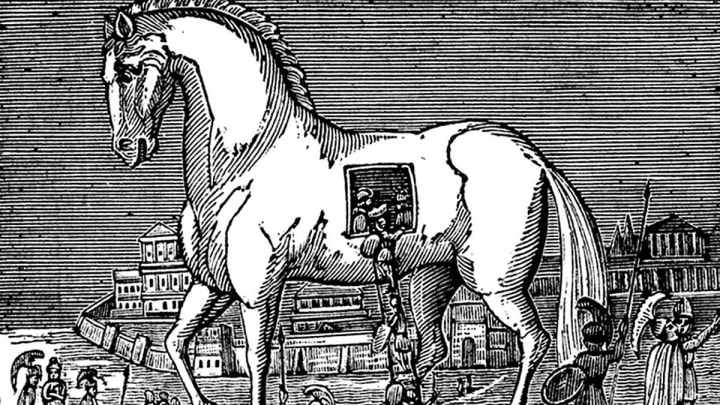
Perhaps some of the most famous wars in human history are the Trojan Wars, which took place in Ancient Greece. Perhaps the most romanticized bunch of wars ever to be fought, they ended up being the cornerstone of a large amount of classical literature, that's still referenced today.
Any time you hear about Helen of Troy, you know she's "the face that made 1,000 ships sail." Every time you hear about a Trojan Horse virus, you automatically know what that means. Even the old phrase, "Beware of Greeks bearing gifts," comes from these wars.
For the longest time, most historians believed that the Trojan Wars were just myths. However, some true believers proved this not to be the case. It was the written accounts of the Trojan Wars that helped archeologists actually find the lost city of Troy a couple years ago.
Overall, it's undeniable that these were some of the most important ancient wars in history, and they changed the course of Western civilization, in more ways than one.
The Mongol Conquests

In terms of both historical significance and genetic significance, you can't deny that the Mongol Conquests were some of the most significant wars in human history. The conquests, which were all started by Genghis Khan, made the Mongol Empire one of the largest the world has ever seen.
For those who are actually members of the armed forces, the Mongol Conquests have had particularly significant effects, still felt today. Ghengis Khan's war strategies are still studied by up-and-coming generals today, and while the technology may have changed, his tactics have not.
Most people have heard that around ten percent of all people walking the planet right now are direct descendants of Ghengis Khan. If you've heard this, then you already know one of the most impressive genetic effects that the wars have sparked. You might not have been born if Ghenghis didn't Khan around, catch our drift?
Additionally, with its death toll of over 40 million, this centuries-old war rivals many of the largest modern wars in human history, when it comes to losses. No matter how you look at it, the Mongol Conquests were some of the most intense wars out there—and also some of the most important.
The Crusades
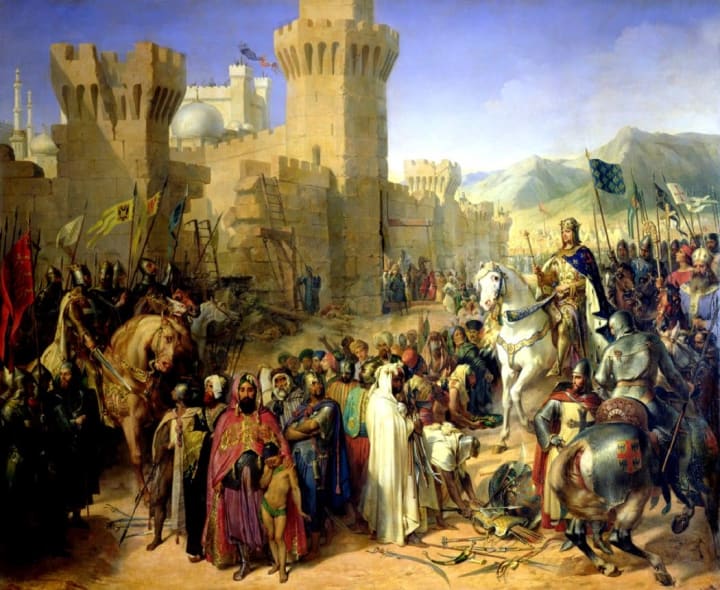
There were a number of Crusades from the 11th century to the 13th century, all of which were started by the Church, as a way to obtain more power in the Middle East, and retake Jerusalem. They were the largest Christian-led holy wars in human history.
What made the Crusades important, though, weren't the lives lost. It was the lasting political and social effects that the wars had. The Crusades instilled a long-lasting, bitter tension between Europe and the Middle East; the effects of which can still be felt today.
Due to the massacres of Jews, Muslims, and Orthodox Christians, the Crusades also caused a lasting cultural wedge between Western Europe, and much of the surrounding areas. (Basically, the Catholic Church is still suffering PR issues due to this stuff.)
But, not all the effects were bad, per se. Muslim scholars were the ones who kept the classical works of Ancient Greece intact, and it was during the Crusades that Europe rediscovered the lost texts. This, in turn, helped spark the changes that created the Rennaissance.
Had the Crusades not happened, Europe would probably have continued as a "Dark Age" civilization for centuries. That legacy makes the Crusades some of the most important wars in human history.
The Napoleonic Wars
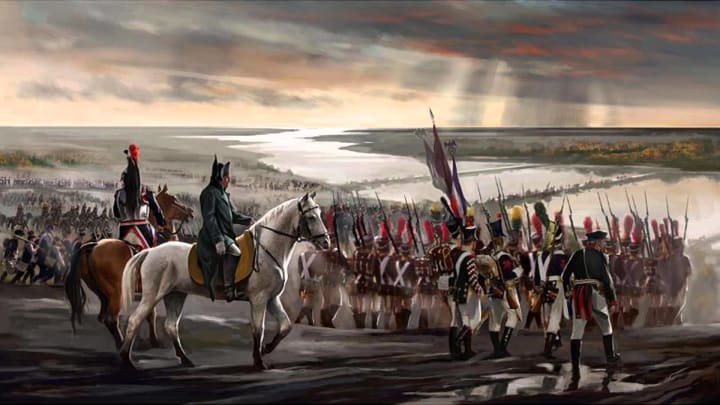
Napoleon is one of those conquerors that was able to launch some of the most successful wars in human history, and win almost all of them. A brilliant tactician, his strategies are still regularly studied by aspiring generals today.
The most obvious effect of the Napoleonic Wars was the fact that France became a major empire, and basically upended the political status quo that Europe had. England seriously feared a French invasion during this time, which sparked the Empire to work harder at recruiting soldiers.
What was most significant about this was that the Napoleonic Wars provided a perfect distraction for America. While Europe was busy dealing with a 5'4" conqueror, the United States was able to economically flourish in isolation.
Some historians argue that the Napoleonic Wars are exactly what allowed the US to flourish. We're inclined to agree.
The American Revolution
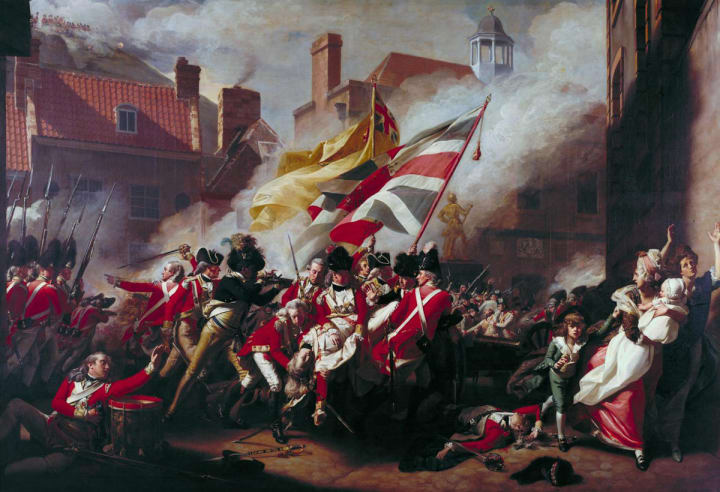
The American Revolution was one of the most important wars in human history, and that's not just patriotism talking. Along with establishing a country that would eventually become a superpower, the American Revolution sparked a huge wave of copycat wars throughout the world.
Prior to the American Revolution, rebellion against a massive empire was just not something that was done. The American Revolution proved it could be done, and as a result, many areas ended up rebelling, which resulted in massive decolonization throughout the world.
The French Revolution, which became one of the bloodiest revolutionary wars in human history, was directly inspired by the American Revolution. Germany's Frankfurt Convention was inspired, too. The Spanish Revolution and Irish separatism both took notes from what happened in the US, too.
Even the anti-British protests that were started by India in the 1940s were loosely modeled or inspired by the American Revolution. Simply put, there's no way to deny the effects America had on the world around it.
Qin's Wars of Unification
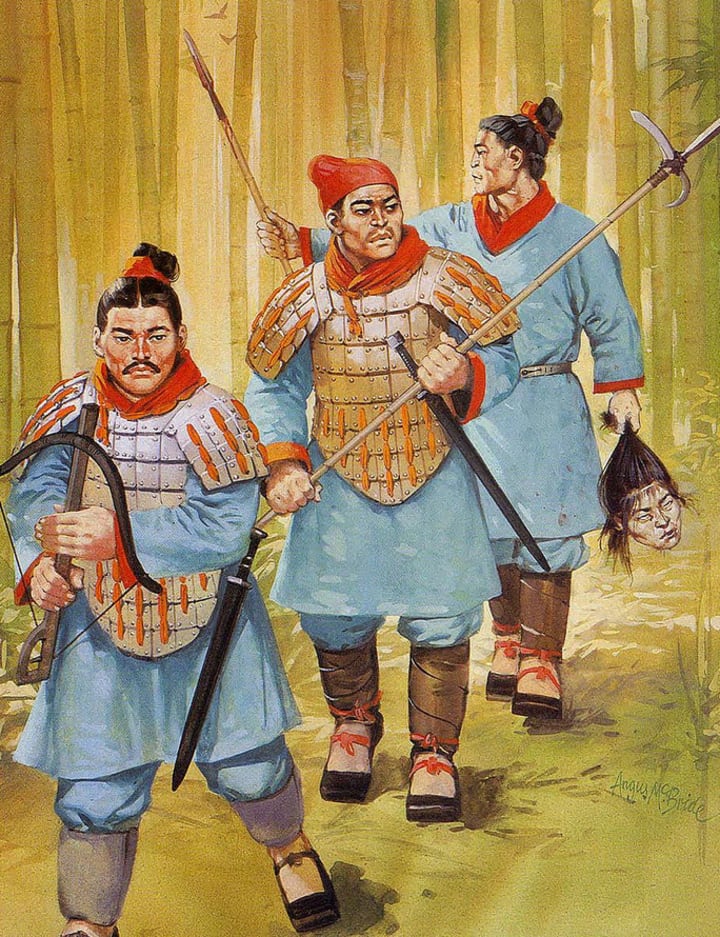
Most Westerners wouldn't know this name, but trust me, these are some of the most important wars in human history. Qin's Wars of Unification were begun by Qin Shi Huang over 2,200 years ago—and resulted in the country we now know as China.
Prior to this war's end, China was filled with smaller countries known collectively as Warring states. Since Qin's Wars of Unification, the shape of the massive swath of land known of China has remained relatively unchanged for centuries.
Think about that for a second, and you'll understand the significance of this set of wars. There would not be a China without Qin Shi Huang. It's also worth noting that Qin Shi Huang used the advice found in The Art of War by Sun Tzu.
Sun Tzu's book became a major staple in all generals' reading lists throughout China as a result. That being said, his work had been around for hundreds of years, prior to these wars—it was only during Qin's Wars that the book became as revered as it should be.
The tactics used in the Wars of Unification are still studied today by military trainees. It's easy to see why.
The Russian Revolution
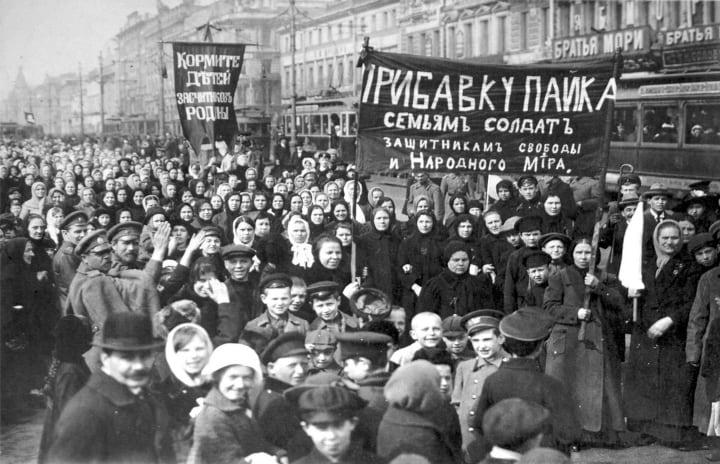
The Russian Revolution is one of the most important wars in human history, simply because of what it did to the political world. Most people know that, post-revolution, Russia became a communist state.
What they do not know is that the Russian Revolution struck serious fear into the hearts of royalty throughout Europe. Those who were in royal families often had to flee for their lives, due to the possibility of others doing copycat executions.
Many similar revolutions occurred in China, Romania, and other monarchic areas. Most of the countries that deposed of their ruling class ended up becoming part of the Iron Curtain. Due to the damage that communism did to many of these regions, large parts of Eastern Europe are still picking up the pieces.
The switch to communism was a direct cause of the Cold War, too. So, had the Russian Revolution not happened, it's very possible that much of history would have happened differently.
Imagine a world without McCarthyism, a world without Vladimir Putin, or a world where America and Russia were tight-knit allies, and you might have a good idea of why this is one of the most significant wars in human history.
The Spanish Conquest of the Aztec Empire
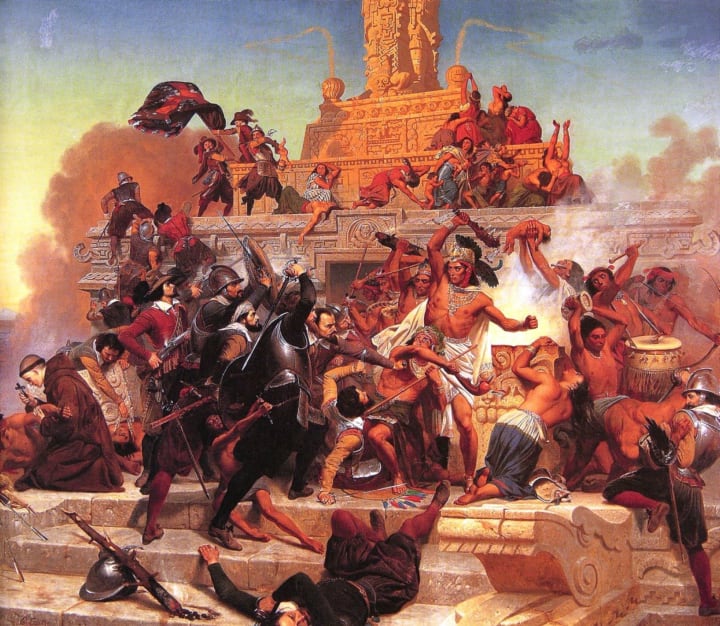
I'll also include the conquest of the Incas in here, too, despite them technically not being the same wars, or even close to each other. The Spanish conquistadores were some of the most ruthless fighters to ever fight in wars—and the truth is that these wars were absolutely horrific, when it comes to the treatment of natives.
However, we aren't talking about the brutality. We're talking about what made these some of the most significant wars in human history. There are two main things that make these events so significant: the diseases and the cultural impact.
Over 24 million people died due to exposure to smallpox and other diseases, brought by the Spanish conquerors. This was the first time natives had seen European disease, and as you can imagine, it was pretty gruesome. This meant that the Americas were no longer safe from certain illnesses—and that's huge from a biological perspective.
Then, there's the cultural impact. Today, Latin Americans are known for being Spanish-speaking, Catholic, and for loving sangria. Guess where they picked that up from?
The conquering also caused Spain to become the wealthiest state in Europe, and caused Spain to have the largest amount of gold. This, in turn, made Spain a major world power for centuries.
World War I
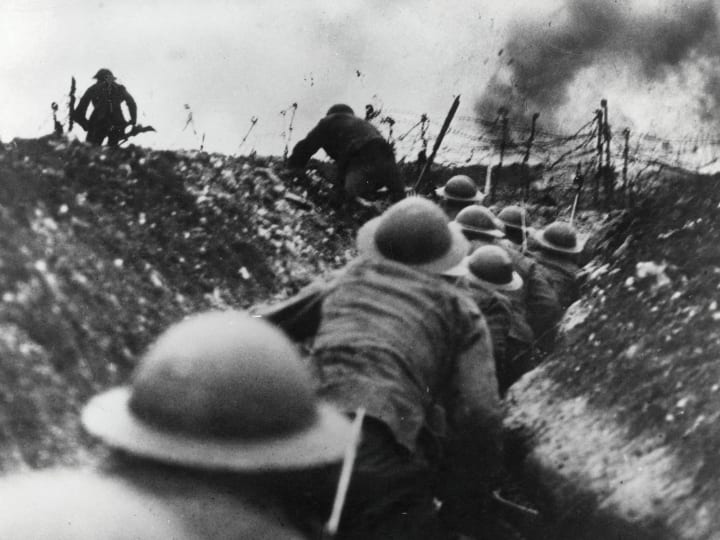
Also known as the Great War, World War I was one of the deadliest wars in human history—and one of the most important. Along with being the first war to have chemical weapons and biological weapons used, World War I was known for completely and utterly shifting the political and geographic world.
16 million people dead, the Ottoman Empire destroyed, and Germany's economy in shambles: that's just the tip of the iceberg. What really caused this to be such a devastating war is that it set the stage for Hitler's rise to power.
Speaking of which...
World War II

We can't talk about the most important wars in human history without talking about World War II. It's both a culturally and politically significant war. Many people believe that World War II was the last "noble war" America fought; had Hitler won, the world would have seen even more millions slaughtered senselessly.
If you want to think about the cultural significance, just think about how WWII is treated. World War II is still regularly brought up in discussion today, and Adolf Hitler is still regarded as one of the evilest men to ever walk the Earth.
The Holocaust that occurred is still used as a warning to others of what can happen when evil takes hold of people—and of what can happen when people do not speak out against wrongs.
Additionally, World War II sparked a number of conventions and treaties to try to lessen the chances of genocide and civilian damage. This, in turn, changed the way we fight wars, and the rights people have during times of war.
World War II was the "war to end all wars," and had combat scenes in Asia, Africa, Europe, and Pearl Harbor. The estimated number of deaths attributed to this war reached 80 million, and to date, it's the only war that has involved nuclear weapons during fights.
Historians often call it one of the most fascinating wars ever seen. That's possibly why so many war-themed games involving WWII characters, and why WWII-era comic heroes like Captain America still remain so popular today.
Everyone knows why World War II was significant—so we need not say any more about why it's the top of the most important wars in human history, right?
About the Creator
Rowan Marley
Rowan Marley is a 20-year-old sports enthusiast who hails from Brooklyn. When he's not hitting up a local Zumba class, he's drinking organic smoothies. That's just how he rolls.






Comments
There are no comments for this story
Be the first to respond and start the conversation.